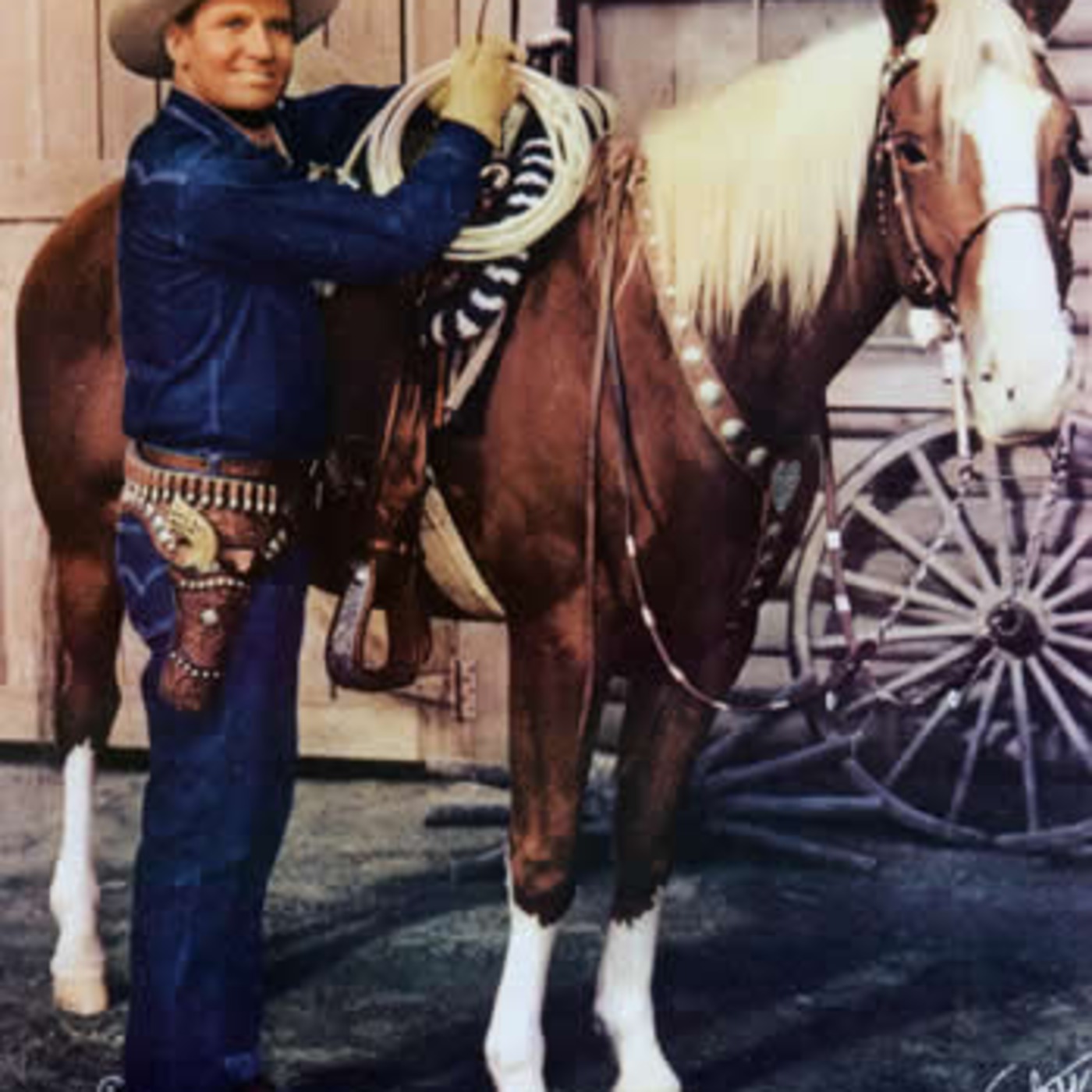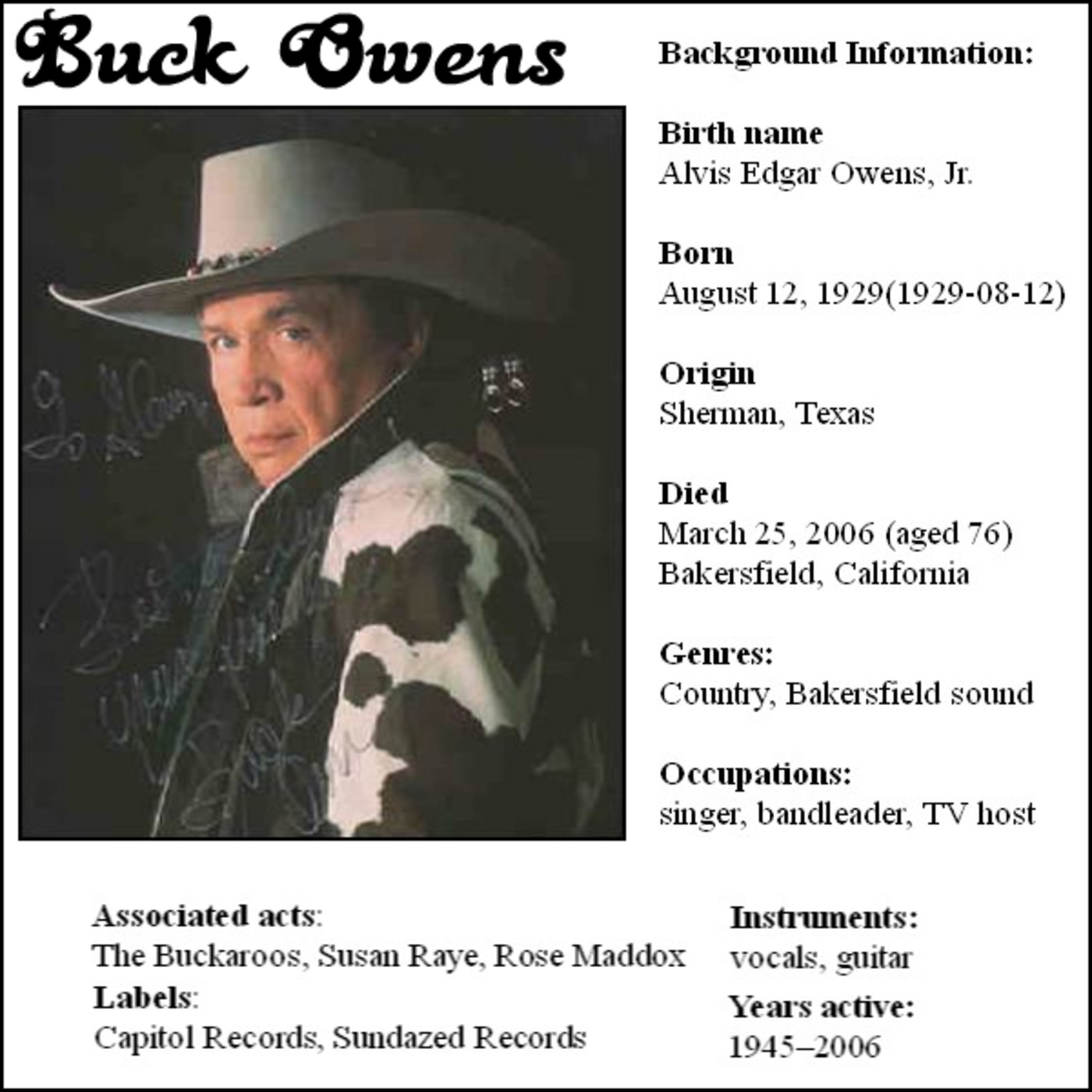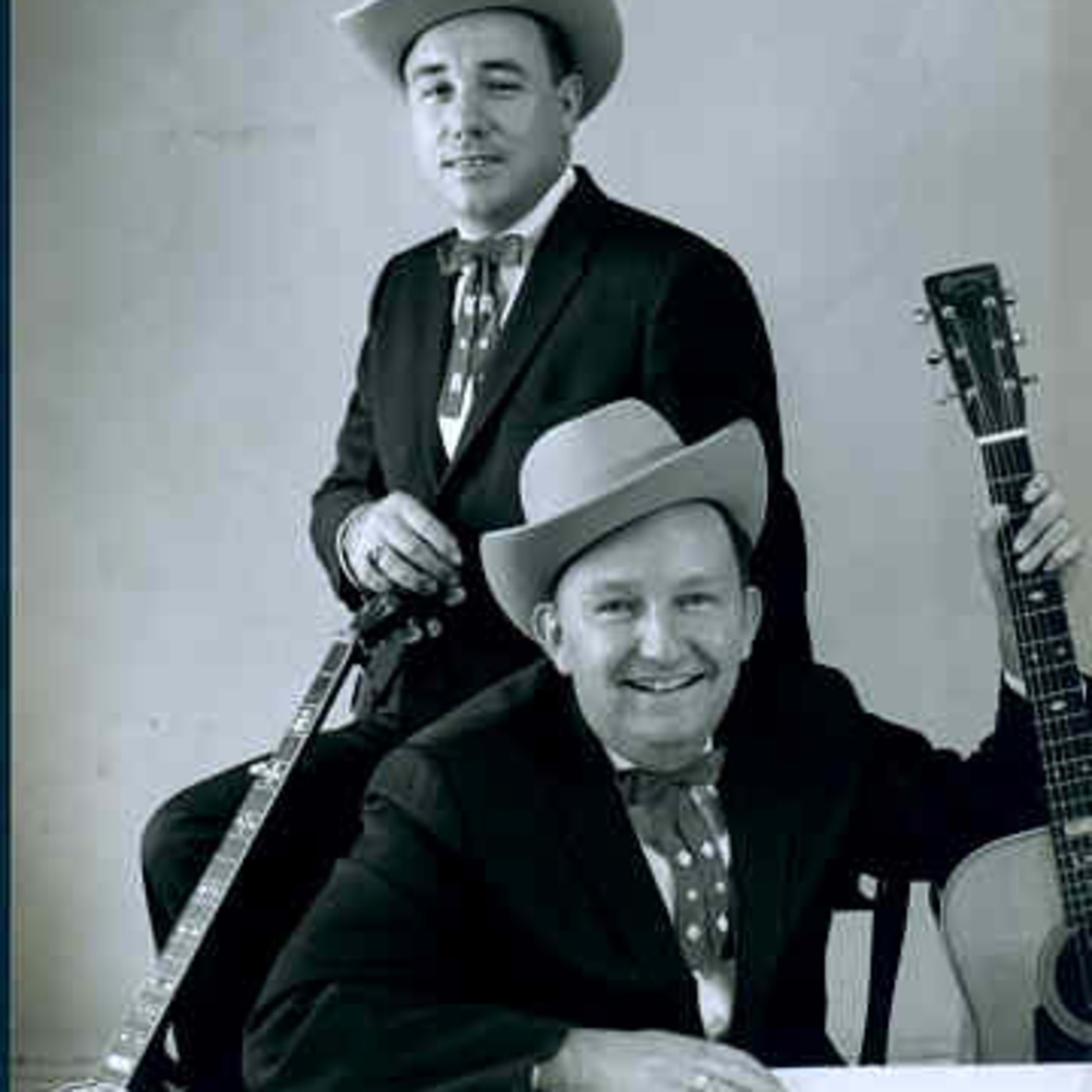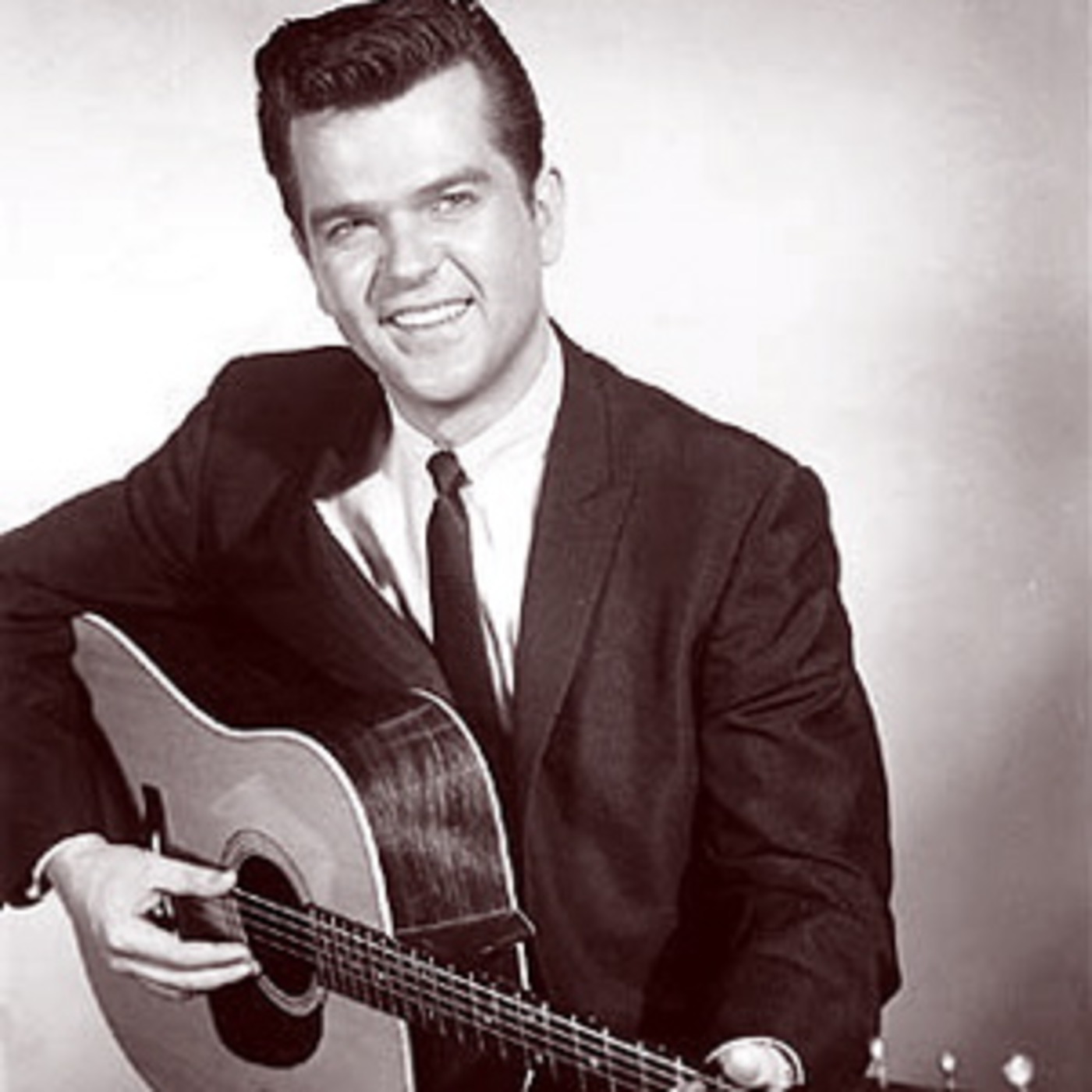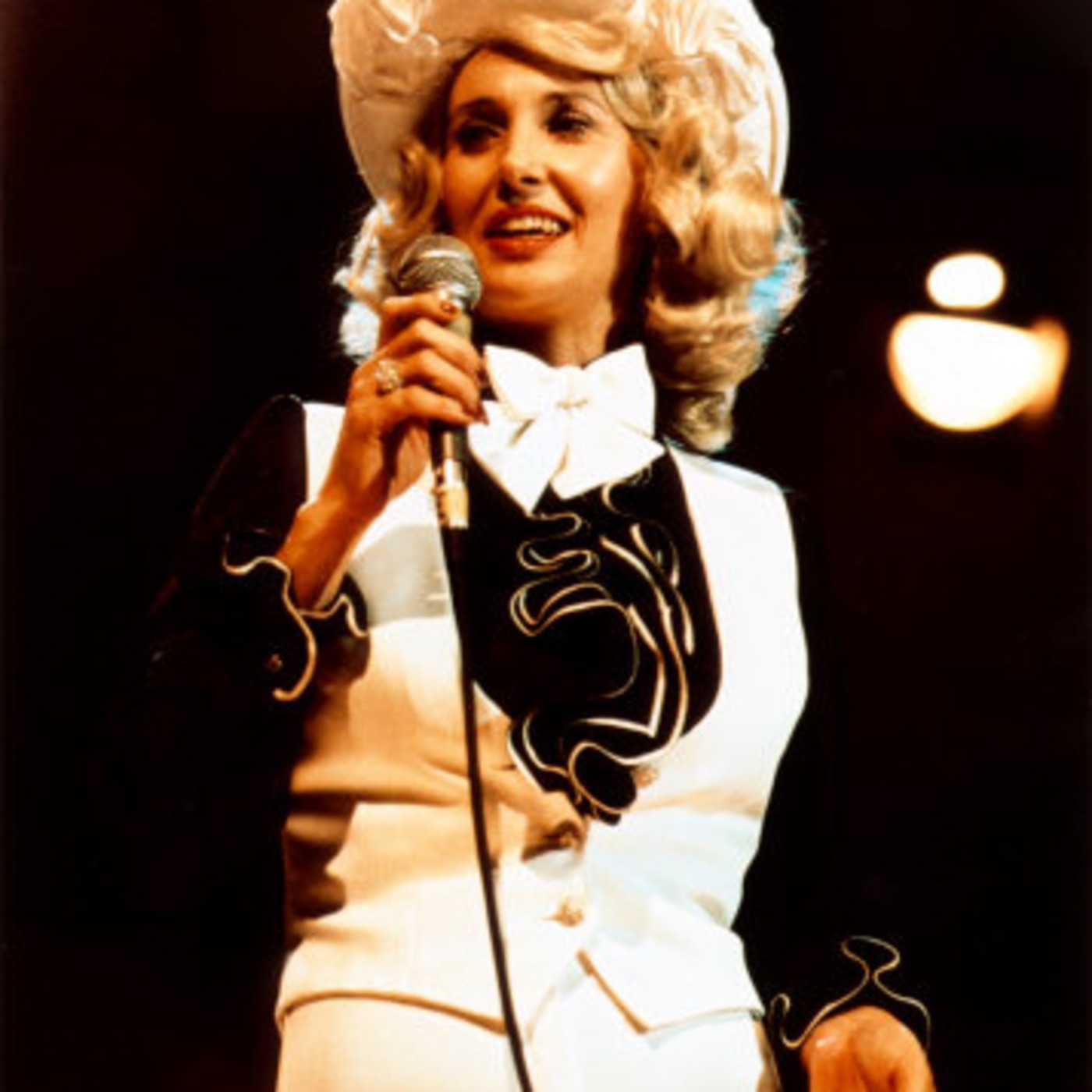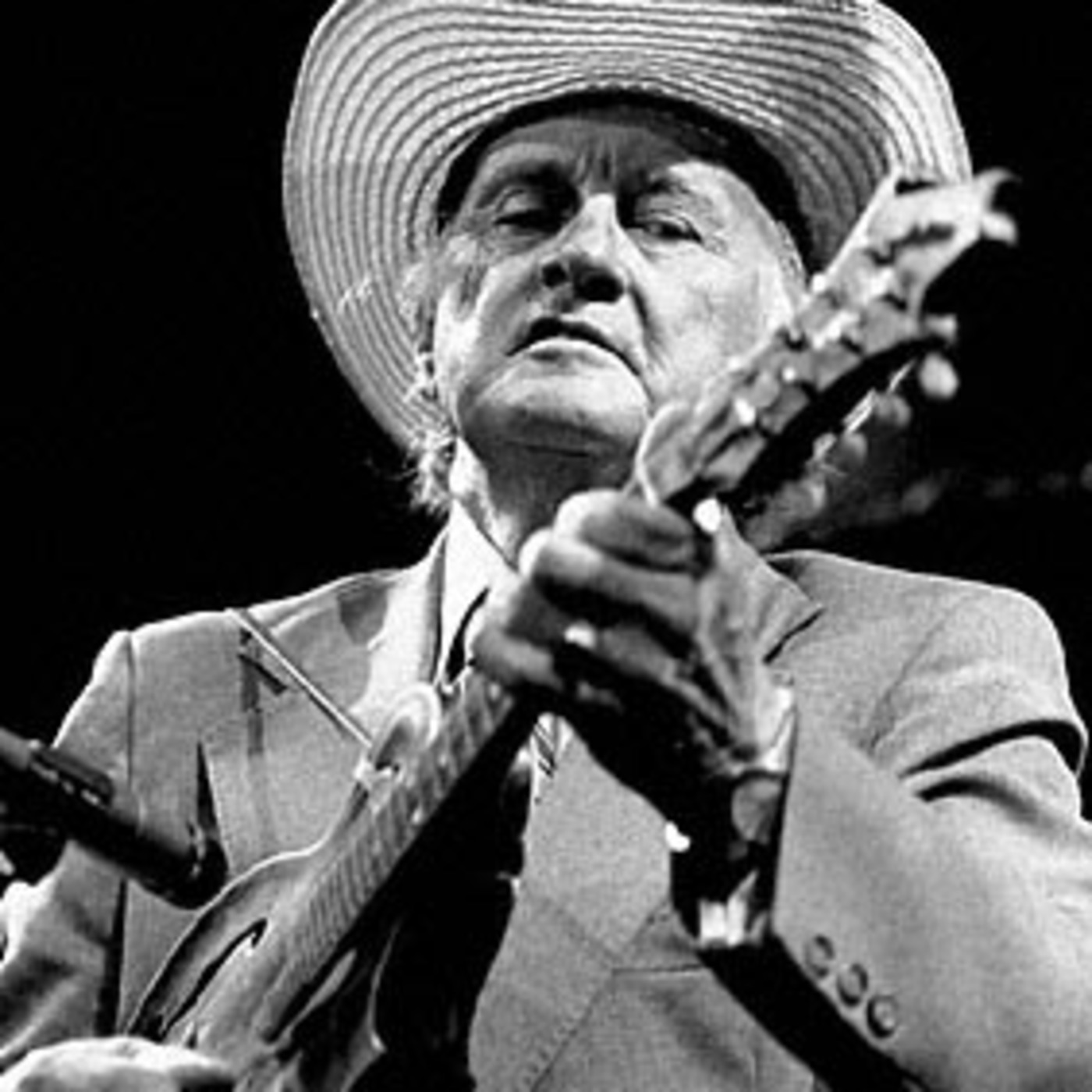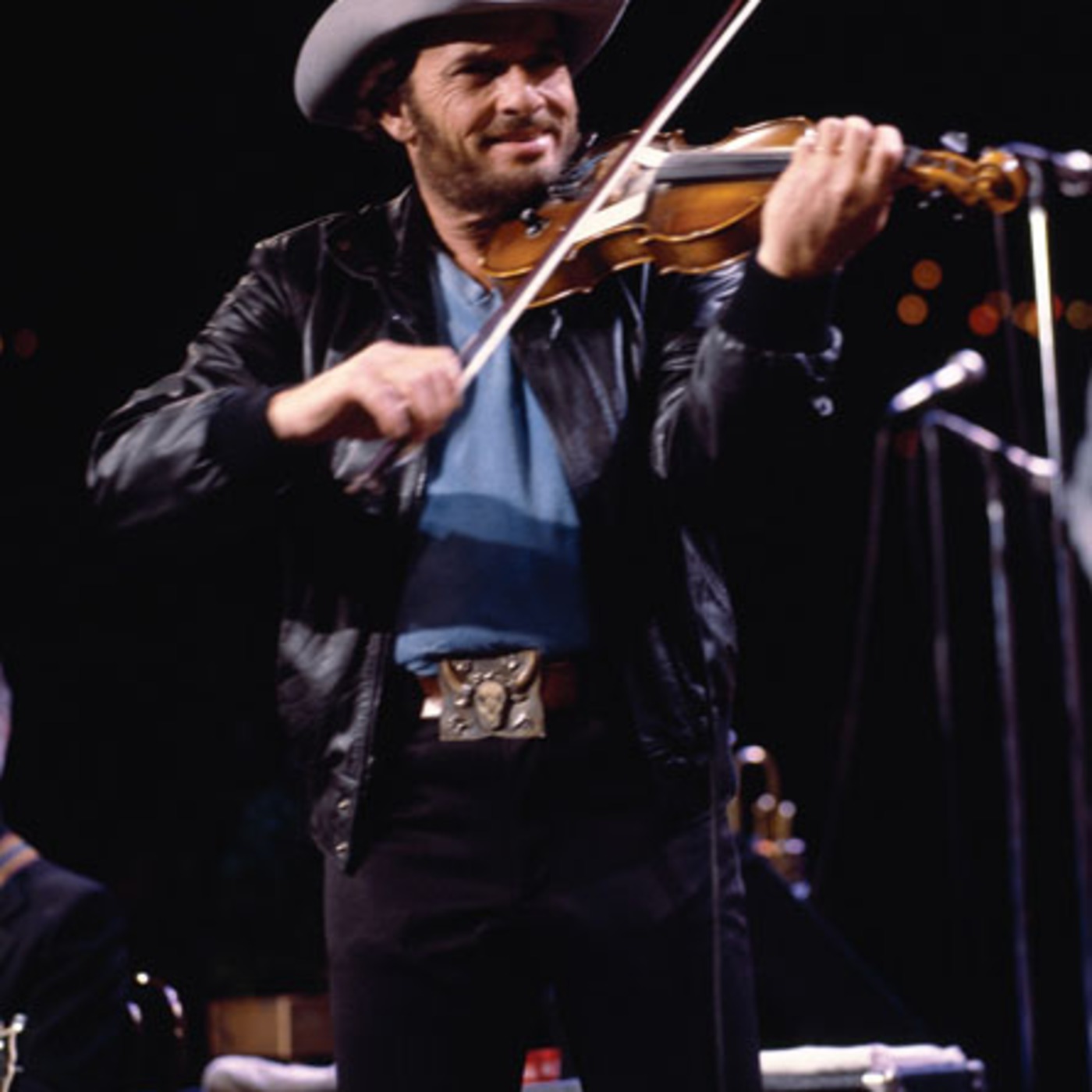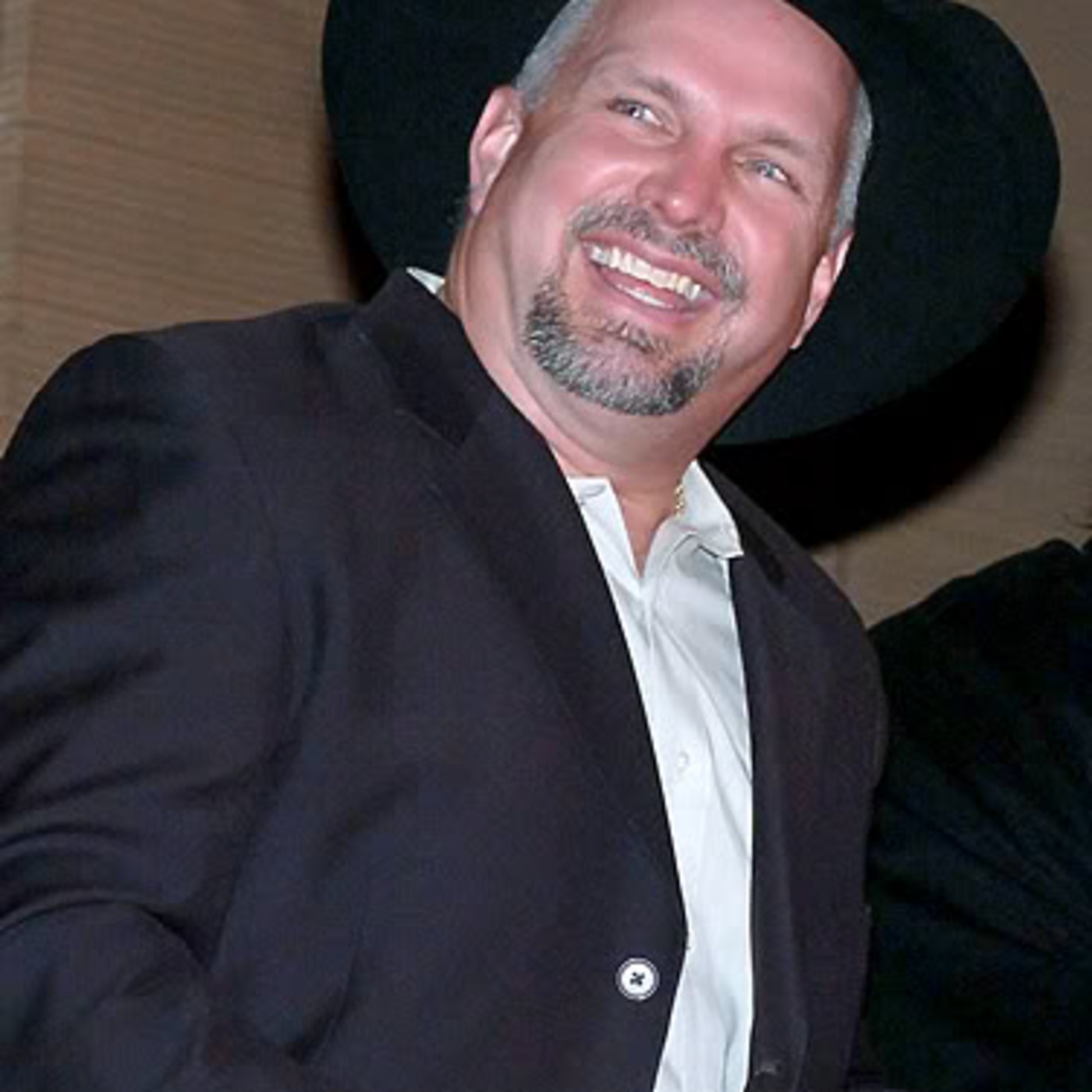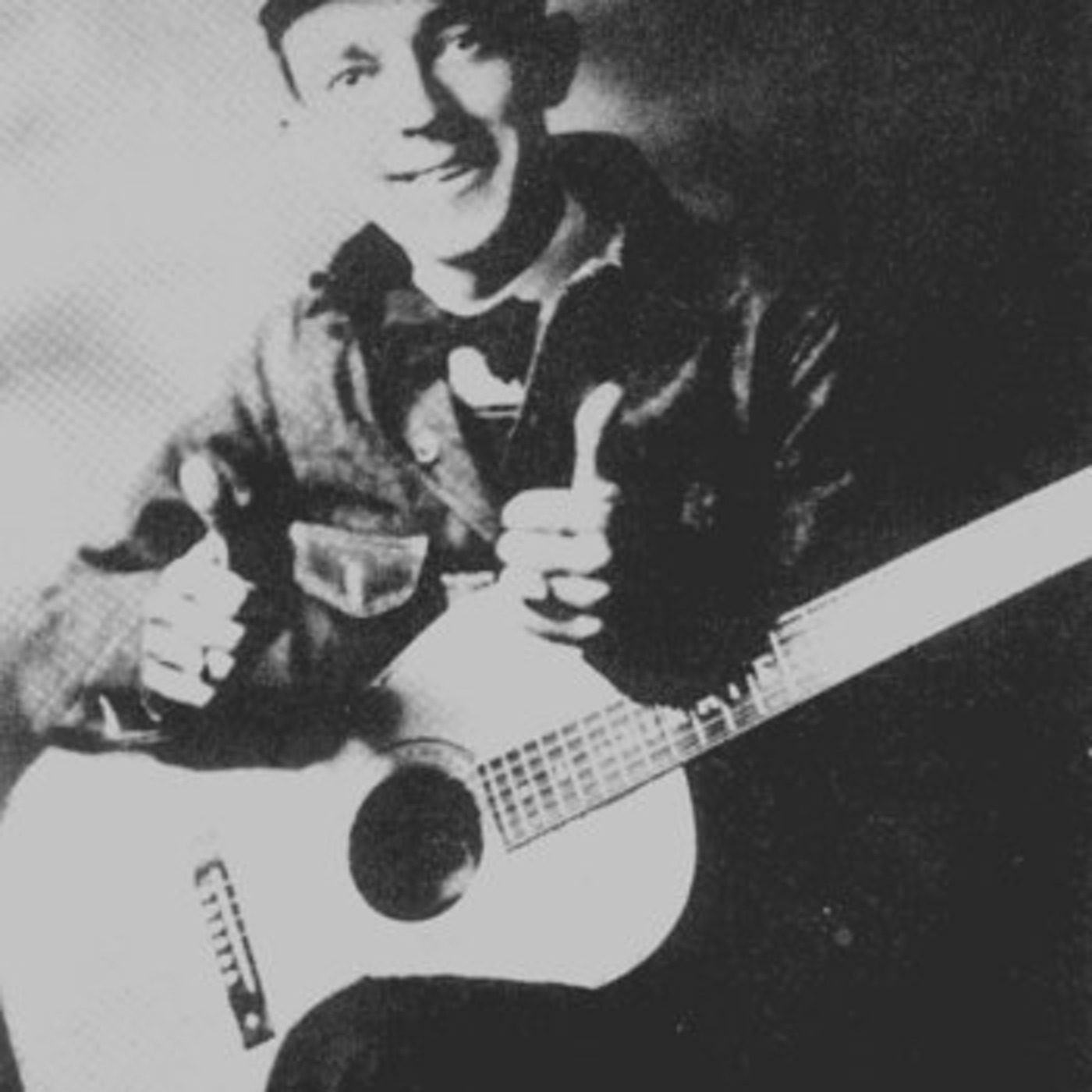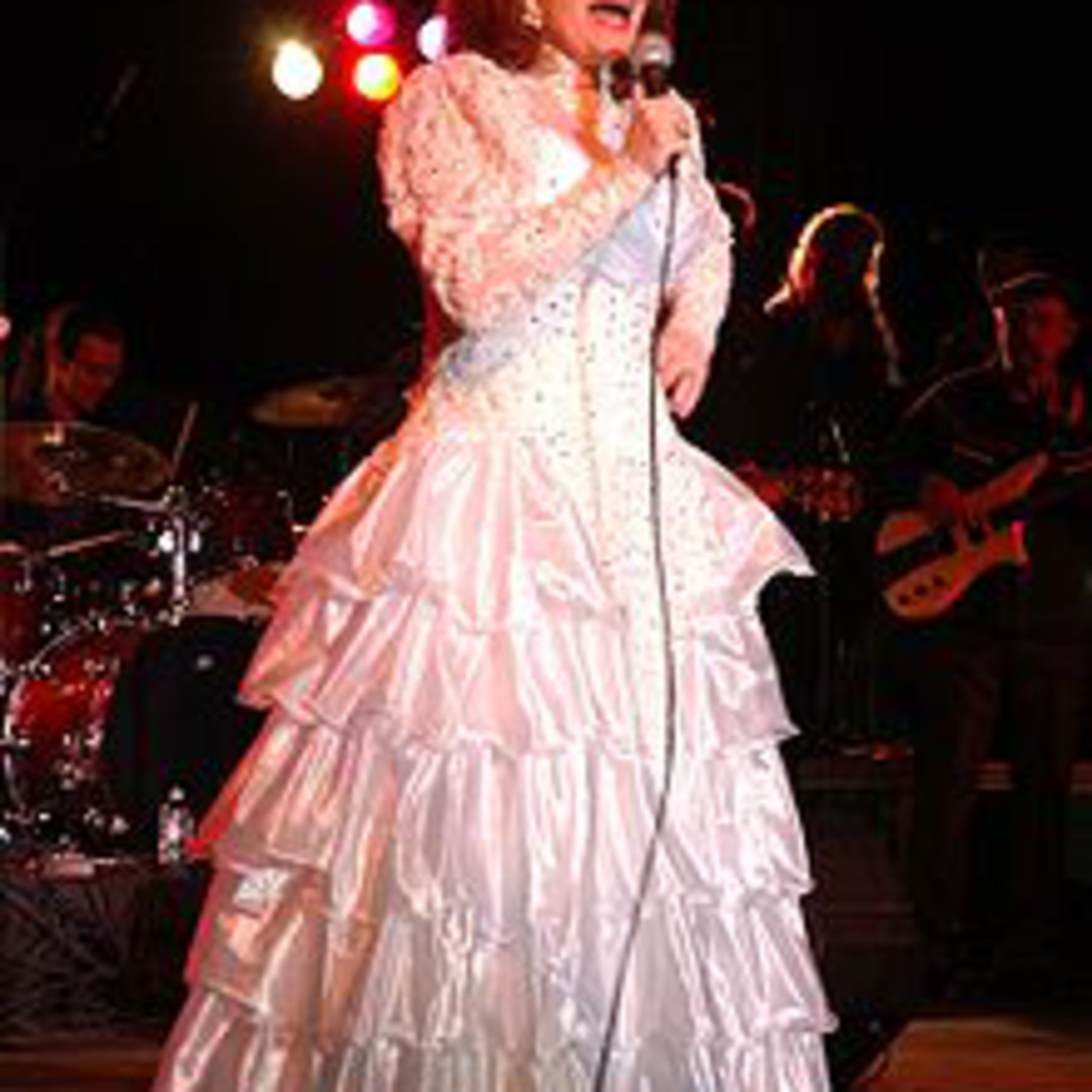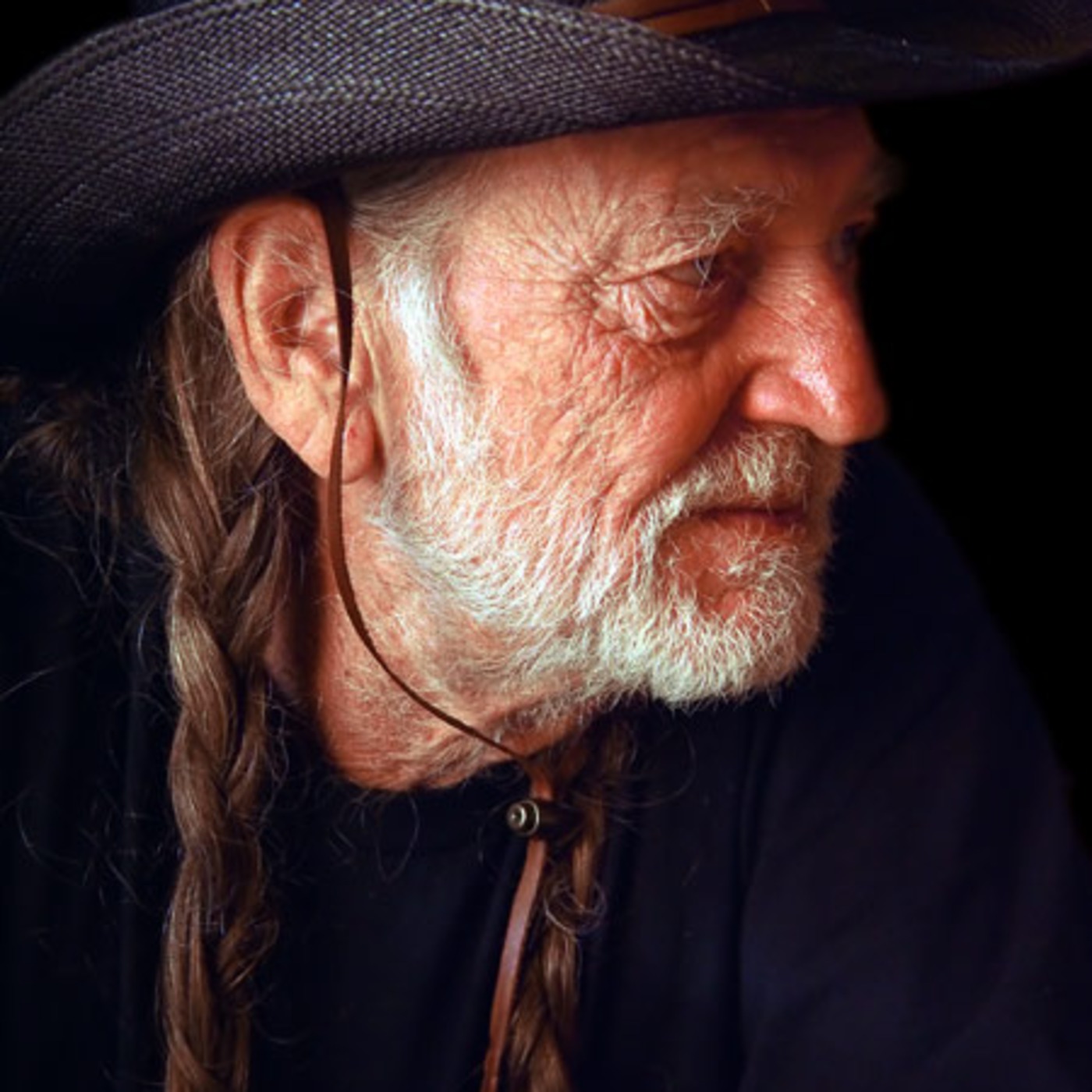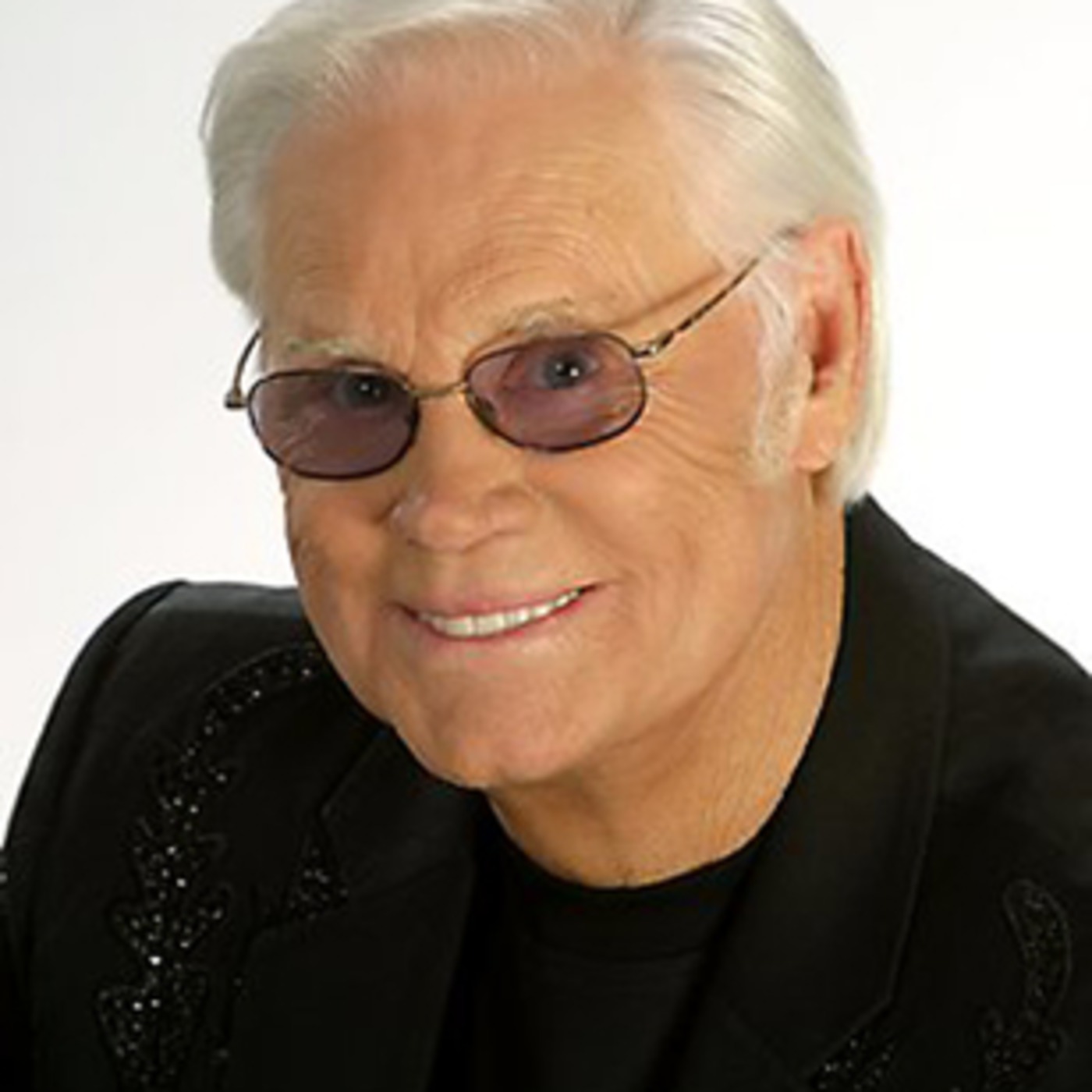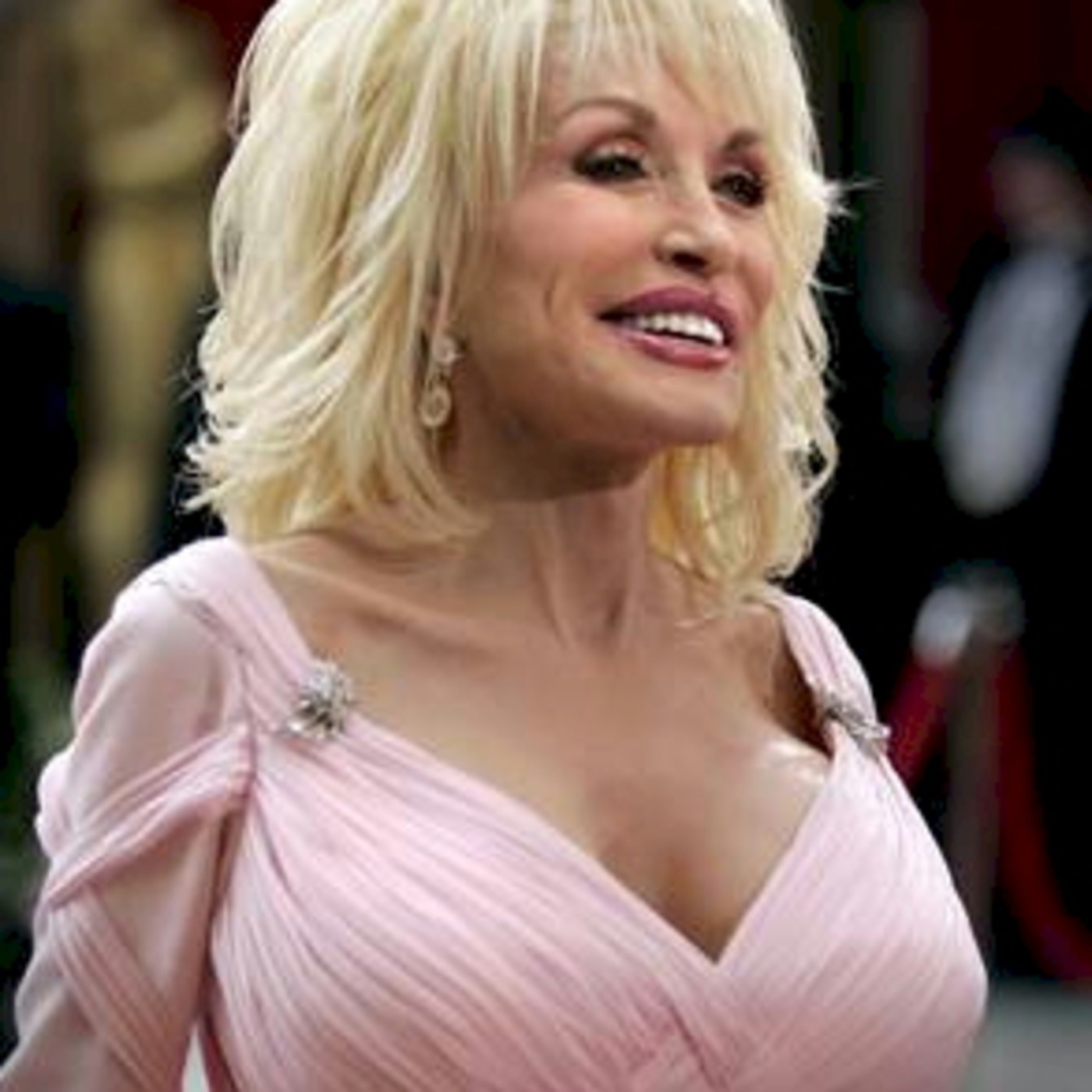Waylon Jennings - Good Hearted Woman
Update: 2010-06-08
Description
From Wikipedia, the free encyclopedia
Waylon Arnold Jennings (June 15, 1937 – February 13, 2002) was an American country music singer and musician. A self-taught guitar player, he rose to prominence as a bass player for Buddy Holly following the break-up of The Crickets. Jennings escaped death in the February 3, 1959 plane crash that took the lives of Buddy Holly, Ritchie Valens, and J. P. "The Big Bopper" Richardson when he gave up his seat to Richardson who had been sick with the flu. Urban legend and Hollywood folklore have it that Jennings and The Big Bopper flipped a coin for the last seat on the plane, with Jennings losing. It was, in fact, Tommy Allsup who flipped the coin for the fated plane trip, losing his seat to Ritchie Valens.
By the 1970s, Waylon Jennings had become associated with so-called "outlaws," an informal group of musicians who worked outside of the Nashville corporate scene. A series of duet albums with Willie Nelson in the late 1970s culminated in the 1978 crossover hit, "Mamas Don't Let Your Babies Grow Up to Be Cowboys". In 1979, he recorded the theme song for the hit television show The Dukes of Hazzard, and also served as the narrator ("The Balladeer") for all seven seasons of the show.
He continued to be active in the recording industry, forming the group The Highwaymen with Willie Nelson, Johnny Cash, and Kris Kristofferson. Jennings released his last solo studio album in 1998. In 2001, he was inducted into the Country Music Hall of Fame.
Early life and career
Jennings was born in Littlefield, Texas, the son of Lorene Beatrice (née Shipley) and William Alvin Jennings. When Waylon was eight, his father taught him how to play guitar and Waylon formed his first band two years later. During his time working as a DJ, he befriended Buddy Holly. The two were inspired by the music of the Mayfield Brothers of West Texas, Smokey Mayfield, Herbert Mayfield, and Edd Mayfield. When he was twenty-one, Jennings was tapped by Holly to play bass in Holly's new band on a tour through the Midwest in early 1959. Holly also hired guitarist Tommy Allsup and drummer Carl "Goose" Bunch for the "Winter Dance Party" tour.
During the early morning hours of February 3, 1959, the charter airplane that carried Buddy Holly, Ritchie Valens and J.P. Richardson (aka "The Big Bopper") crashed outside Clear Lake, Iowa and killed all on board. In his 1996 autobiography, Jennings admitted that, in the years afterward, he felt severe guilt and responsibility for the crash. After Jennings gave up his seat, Holly had jokingly told Jennings, "I hope your ol' bus freezes up!" Jennings shot back facetiously, "Well, I hope your ol' plane crashes!"
Phoenix
After several years of inactivity, during which time he moved from Texas to Arizona and continued working in radio, Jennings began performing and recording again, this time in Phoenix, Arizona. He performed at a newly opened nightspot called JD's. He signed a contract with Herb Alpert's newly-formed A&M Records, and he had a few hit singles on local radio in Phoenix, including "Four Strong Winds" ( written by Ian Tyson) and "Just To Satisfy You" (co-written with Don Bowman). He also recorded an album on the BAT label, called simply JD's. 500 copies were pressed and sold at the nightclub and, after they sold out, another 500 copies were pressed by the Sounds label. He also played lead guitar for Patsy Montana on a record album that she recorded in Arizona in 1964. Duane Eddy and Bobby Bare recommended Jennings to producer Chet Atkins, who signed Waylon to RCA Victor. Bobby Bare did his own cover of "Four Strong Winds" after he heard Jenning's version. Still under contract to A&M, Alpert released him which allowed him to sign with RCA Records. Jennings packed up and moved to Nashville, Tennessee in 1965.
The Nashville Sound
Jennings and Jessi Colter.
Jennings was accustomed to performing and recording with his own band, The Waylors; this was a practice that was not encouraged by Nashville producers who controlled nearly every aspect of recording. Over time, however, Jennings felt limited by the Nashville Sound and the lack of artistic freedom that came with it, in the 1960s country music industry.
His second marriage was to Lynn Jones. He got married for a third time to Barbara Rood. He married for the fourth and final time to Jessi Colter in 1969. Colter (then known as Miriam Eddy) had been married to guitar legend Duane Eddy. With help of Jennings, Colter became a country singer in her own right for a brief period of time during the 1970s and was best-known for her 1975 Country-Pop smash, "I'm Not Lisa".
Jennings had grown more frustrated with the Nashville recording scene and a 1972 bout with hepatitis almost killed him. With his recording contract nearing an end, RCA had already lost another creative force that year: Jennings had met Willie Nelson, who had likewise felt frustrated by the lack of freedom in the studio and by the entire Nashville ethos, which led him to relocate his base to Texas, two years earlier. Jennings seriously considered leaving Nashville and returning to a broadcasting career in Phoenix that year.
Outlaw
Two things came along to turn Jennings' hard times around. The first was a business manager from New York City, named Neil Reshen, and the second was his old friend Willie Nelson. Reshen approached Jennings, who was still recovering from hepatitis, and offered to re-negotiate his recording and touring contracts. Jennings agreed and the contract re-negotiation began in earnest. At a 1972 meeting in a Nashville airport, Jennings introduced Reshen to Nelson. By the end of the meeting, Reshen was manager to both singers. By that time, Jennings was aware of the fact that rock bands had almost unprecedented creative freedom to record what they wanted to record, with or without a producer and even to design their album covers. He wanted similar freedom for himself—an unprecedented move in 1972 Nashville. Also in 1972, RCA issued Ladies Love Outlaws, an album that Jennings never wanted released.
Waylon Arnold Jennings (June 15, 1937 – February 13, 2002) was an American country music singer and musician. A self-taught guitar player, he rose to prominence as a bass player for Buddy Holly following the break-up of The Crickets. Jennings escaped death in the February 3, 1959 plane crash that took the lives of Buddy Holly, Ritchie Valens, and J. P. "The Big Bopper" Richardson when he gave up his seat to Richardson who had been sick with the flu. Urban legend and Hollywood folklore have it that Jennings and The Big Bopper flipped a coin for the last seat on the plane, with Jennings losing. It was, in fact, Tommy Allsup who flipped the coin for the fated plane trip, losing his seat to Ritchie Valens.
By the 1970s, Waylon Jennings had become associated with so-called "outlaws," an informal group of musicians who worked outside of the Nashville corporate scene. A series of duet albums with Willie Nelson in the late 1970s culminated in the 1978 crossover hit, "Mamas Don't Let Your Babies Grow Up to Be Cowboys". In 1979, he recorded the theme song for the hit television show The Dukes of Hazzard, and also served as the narrator ("The Balladeer") for all seven seasons of the show.
He continued to be active in the recording industry, forming the group The Highwaymen with Willie Nelson, Johnny Cash, and Kris Kristofferson. Jennings released his last solo studio album in 1998. In 2001, he was inducted into the Country Music Hall of Fame.
Early life and career
Jennings was born in Littlefield, Texas, the son of Lorene Beatrice (née Shipley) and William Alvin Jennings. When Waylon was eight, his father taught him how to play guitar and Waylon formed his first band two years later. During his time working as a DJ, he befriended Buddy Holly. The two were inspired by the music of the Mayfield Brothers of West Texas, Smokey Mayfield, Herbert Mayfield, and Edd Mayfield. When he was twenty-one, Jennings was tapped by Holly to play bass in Holly's new band on a tour through the Midwest in early 1959. Holly also hired guitarist Tommy Allsup and drummer Carl "Goose" Bunch for the "Winter Dance Party" tour.
During the early morning hours of February 3, 1959, the charter airplane that carried Buddy Holly, Ritchie Valens and J.P. Richardson (aka "The Big Bopper") crashed outside Clear Lake, Iowa and killed all on board. In his 1996 autobiography, Jennings admitted that, in the years afterward, he felt severe guilt and responsibility for the crash. After Jennings gave up his seat, Holly had jokingly told Jennings, "I hope your ol' bus freezes up!" Jennings shot back facetiously, "Well, I hope your ol' plane crashes!"
Phoenix
After several years of inactivity, during which time he moved from Texas to Arizona and continued working in radio, Jennings began performing and recording again, this time in Phoenix, Arizona. He performed at a newly opened nightspot called JD's. He signed a contract with Herb Alpert's newly-formed A&M Records, and he had a few hit singles on local radio in Phoenix, including "Four Strong Winds" ( written by Ian Tyson) and "Just To Satisfy You" (co-written with Don Bowman). He also recorded an album on the BAT label, called simply JD's. 500 copies were pressed and sold at the nightclub and, after they sold out, another 500 copies were pressed by the Sounds label. He also played lead guitar for Patsy Montana on a record album that she recorded in Arizona in 1964. Duane Eddy and Bobby Bare recommended Jennings to producer Chet Atkins, who signed Waylon to RCA Victor. Bobby Bare did his own cover of "Four Strong Winds" after he heard Jenning's version. Still under contract to A&M, Alpert released him which allowed him to sign with RCA Records. Jennings packed up and moved to Nashville, Tennessee in 1965.
The Nashville Sound
Jennings and Jessi Colter.
Jennings was accustomed to performing and recording with his own band, The Waylors; this was a practice that was not encouraged by Nashville producers who controlled nearly every aspect of recording. Over time, however, Jennings felt limited by the Nashville Sound and the lack of artistic freedom that came with it, in the 1960s country music industry.
His second marriage was to Lynn Jones. He got married for a third time to Barbara Rood. He married for the fourth and final time to Jessi Colter in 1969. Colter (then known as Miriam Eddy) had been married to guitar legend Duane Eddy. With help of Jennings, Colter became a country singer in her own right for a brief period of time during the 1970s and was best-known for her 1975 Country-Pop smash, "I'm Not Lisa".
Jennings had grown more frustrated with the Nashville recording scene and a 1972 bout with hepatitis almost killed him. With his recording contract nearing an end, RCA had already lost another creative force that year: Jennings had met Willie Nelson, who had likewise felt frustrated by the lack of freedom in the studio and by the entire Nashville ethos, which led him to relocate his base to Texas, two years earlier. Jennings seriously considered leaving Nashville and returning to a broadcasting career in Phoenix that year.
Outlaw
Two things came along to turn Jennings' hard times around. The first was a business manager from New York City, named Neil Reshen, and the second was his old friend Willie Nelson. Reshen approached Jennings, who was still recovering from hepatitis, and offered to re-negotiate his recording and touring contracts. Jennings agreed and the contract re-negotiation began in earnest. At a 1972 meeting in a Nashville airport, Jennings introduced Reshen to Nelson. By the end of the meeting, Reshen was manager to both singers. By that time, Jennings was aware of the fact that rock bands had almost unprecedented creative freedom to record what they wanted to record, with or without a producer and even to design their album covers. He wanted similar freedom for himself—an unprecedented move in 1972 Nashville. Also in 1972, RCA issued Ladies Love Outlaws, an album that Jennings never wanted released.
Comments
In Channel


